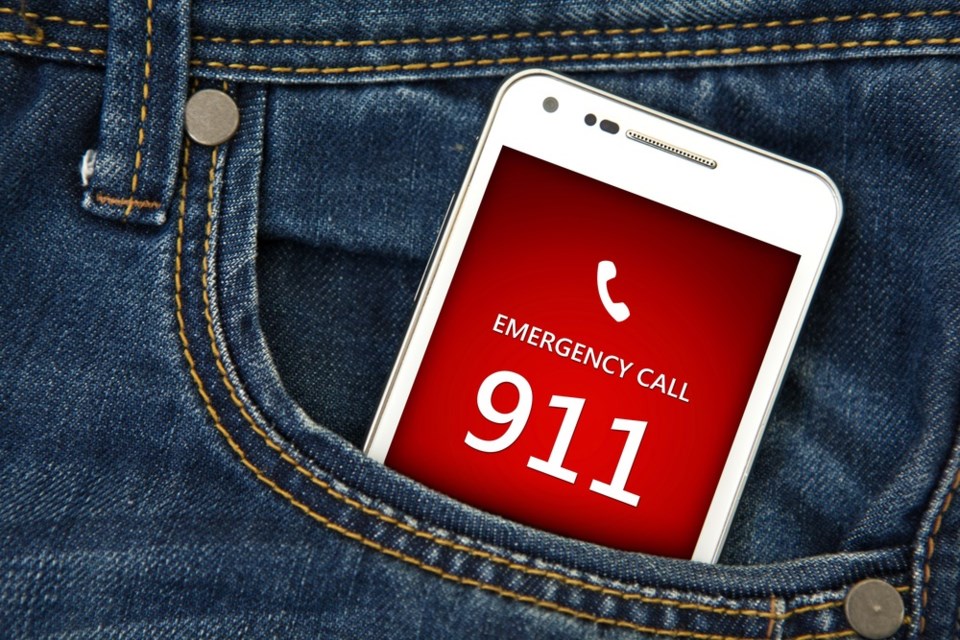Over the last weekend of July 9 to 11 officers from Huntsville OPP responded to almost 40 pocket dials and unintentional 9-1-1 calls.
"For every unintentional call or pocket dial received, an emergency communicator must determine whether a real emergency exists and if police, fire or paramedics should be dispatched," says Constable Jeff Handsor. "With every unintentional call received, precious seconds may be taken away from someone who really needs help."
If you place an unintentional 9-1-1 call, stay on the line to let the emergency operator know it was a pocket dial/unintentional call.
"Every 9-1-1 call is taken seriously. When a 9-1-1 caller doesn't respond, that could be a sign of trouble - a possibility an emergency responder can't ignore," says Handsor,
Police say you can prevent pocket dials or unintentional 9-1-1 calls by:
- Using the keypad lock feature. Keypad locks, some of which can be programmed to activate automatically, prevent a mobile device from responding to keystrokes until the user unlocks the keypad using a short combination of key presses or password.
- Turning off the 9-1-1 auto-dial feature. Check the user manual or the manufacturer's website, or call the service provider to determine whether your device has this feature and how to turn it off.
- Refraining from programming a wireless device to automatically or "speed dial" 9-1-1.



